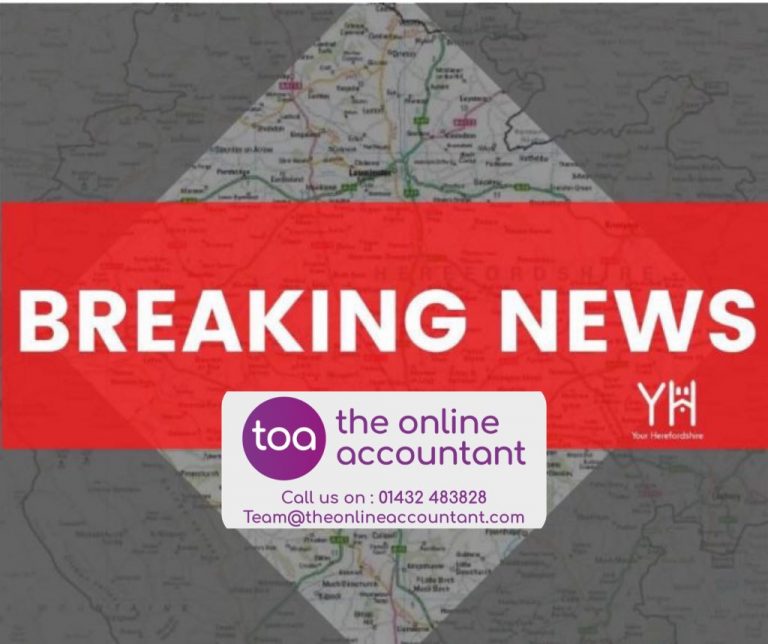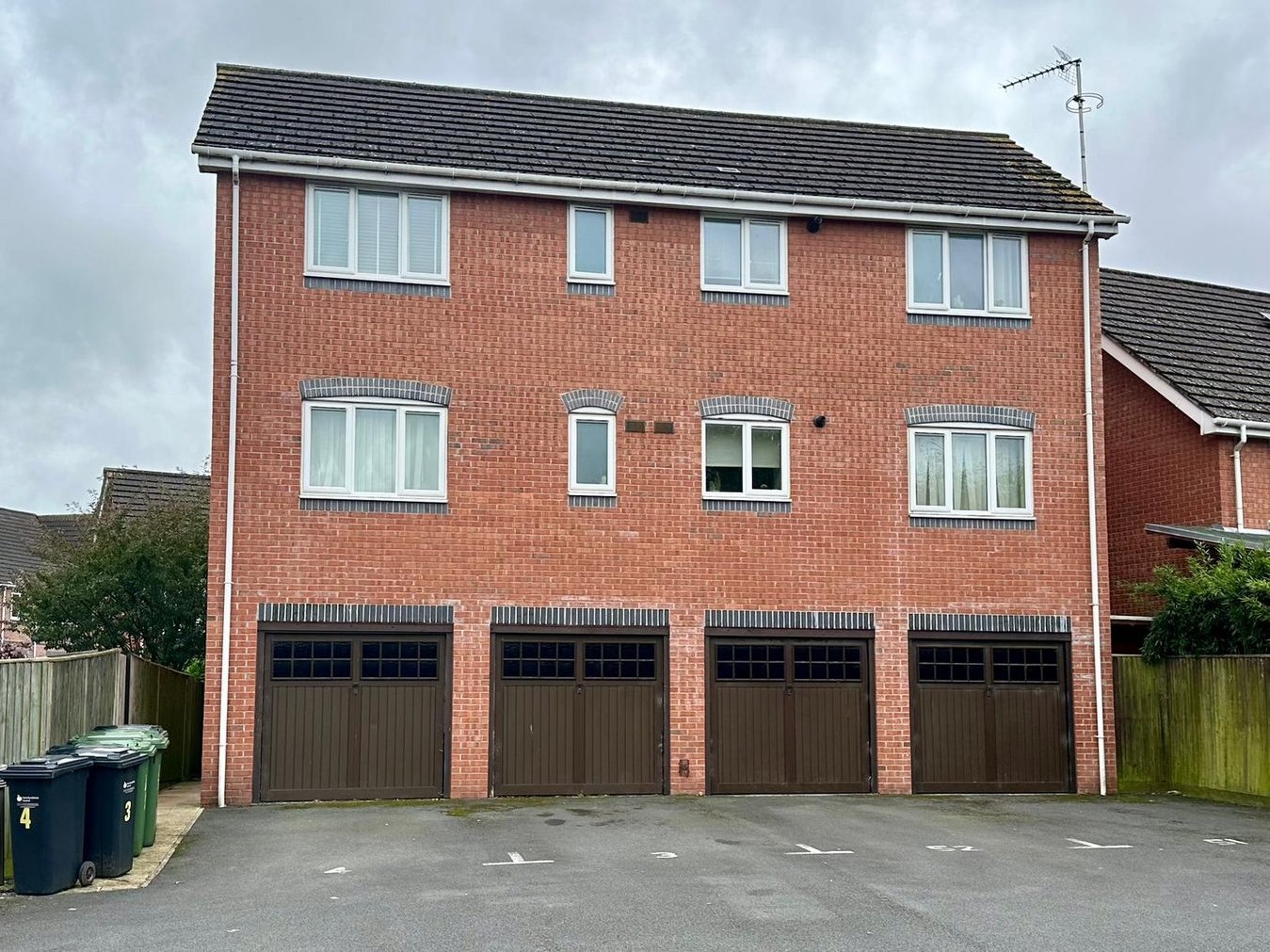A new helpline to support potential victims of sexual harassment and abuse in education settings has been announced today by Education Secretary Gavin Williamson.
The dedicated number, run by the NSPCC, will go live tomorrow to provide both children and adults who are victims of sexual abuse in schools with the appropriate support and advice. This includes how to contact the police and report crimes if they wish. The helpline will also provide support to parents and professionals too.
The government has also asked Ofsted to undertake an immediate review of safeguarding policies in state and independent schools. The review will look at the extent and the severity of the issue and ensure schools have appropriate processes in place to allow pupils to report concerns freely, knowing these will be taken seriously and dealt with swiftly and appropriately.
It will make sure there is sufficient guidance on how schools should deal with sexual harassment and violence allegations, and whether the current inspection regimes in both state and private schools are strong enough to address concerns and promote the welfare of children.
Ofsted will work with representatives from social care, police, victim support groups, school and college leaders and the Independent Schools Council. The review will conclude by end of May 2021 and will seek to establish where safeguarding arrangements and processes are good and have worked well and where improvements are needed.
Both the helpline and review come after numerous anonymous testimonials of sexual harassment and abuse were submitted to the website Everyone’s Invited.
Education Secretary Gavin Williamson said:
Sexual abuse in any form is abhorrent and it is vital that these allegations are dealt with properly. While the majority of schools take their safeguarding responsibilities extremely seriously, I am determined to make sure the right resources and processes are in place across the education system to support any victims of abuse to come forward.
This Government is committed to ensuring victims feel supported to refer the most serious allegations to the police via the helpline, safe in the knowledge that everything possible will be done to bring offenders to justice.
No child or young person should have to experience abuse. But if something isn’t right, they should speak to someone they trust to raise concerns, whether that’s family, a friend, teacher or social worker, helpline or the police.
Ofsted Chief Inspector Amanda Spielman said:
Like everyone else, I have been deeply troubled by accounts of the sexual abuse and harassment young people have suffered at school and in the community. So I welcome the Secretary of State’s announcement and the opportunity for Ofsted to lead this review.
Schools have a crucial role to play in teaching young people about sexual consent and respect for women and girls. They must also be places where all children feel safe, and where they are able to report any incidents of abuse or harassment and be confident that what they say will be acted upon.
We will set out the terms of the review shortly.
Today’s announcement follows the publication of the Government’s Tackling Child Sexual Abuse Strategy in January. The Strategy will galvanise a whole-system response that brings together agencies, sectors and society to tackle child sexual abuse, as well as a focus on prevention and early intervention, to help protect children and empower professionals, parents and carers to keep them safe.
It will also help victims and survivors of child sexual abuse to rebuild their lives by boosting investment in specialist sexual violence support services delivered by the voluntary sector, as well as support victims and survivors through the court process with the new and revised Victim’s Code and consultation on a Victims’ Law.
Where schools are failing to meet strict safeguarding standards, the Department for Education will not hesitate to take action. Ofsted and the Independent Schools Inspectorate will inspect any schools where there are concerns and ensure they either improve their practices or are forced to close.
All schools are also now required to provide relationships and sex and education to all secondary pupils and relationships education to all primary age pupils. Important issues such as personal privacy, respect and consent to ensure that more young people have a better understanding of how to behave towards their peers, are part of our guidance to ensure more young people have a better understanding of how to behave towards their peers, including online. Many schools do a great job day in and day out of working within a complex modern society but the new Relationship, Sex and Health Education curriculum will help them navigate some of the more difficult issues.
The dedicated NSPCC helpline number is 0800 136 663, which will be live from tomorrow (Thursday 1 April).
Contains public sector information licensed under the Open Government Licence v3.0.



